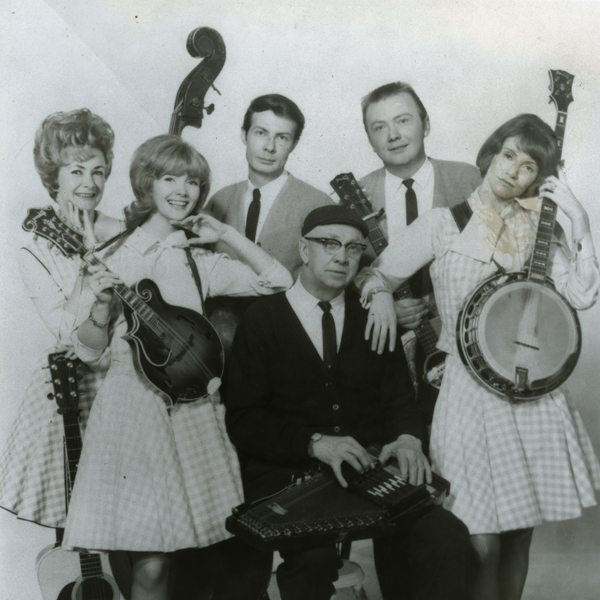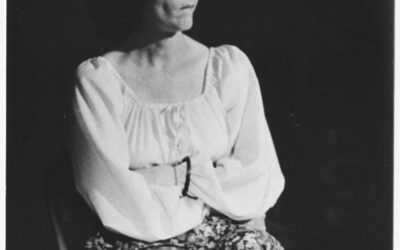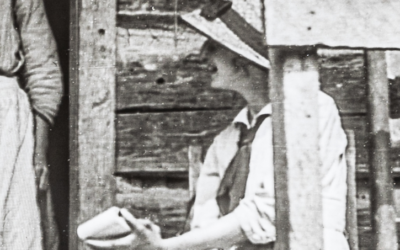Patsy, Donna, and Roni Stoneman – daughters of Ernest and Hattie Stoneman – followed in their parents’ footsteps to make a life and career in music, each making their mark as part of the family band but also individually. The Stoneman Family was inducted into the Bluegrass Music Hall of Fame in 2021, and Roni and Donna were there to accept this honor.
Patsy Stoneman performed with her family on stage and in recordings at different times throughout her lifetime. Patsy also formed her own band, made up of a variety of musicians including her brother Scotty, and she later recorded a solo album Patsy Sings Pop … Stoneman That Is!, along with two albums with Donna and Roni: The Stonemans: Patsy, Donna & Roni and The Stoneman Tradition. In the late 1970s, she became the family band’s unofficial manager.
Highly skilled on the autoharp, Patsy was inducted into the Autoharp Hall of Fame in 1999, with the organization’s proclamation reading: “Patsy alone has kept the autoharp music of decades ago alive and available…[she is] clearly the undisputed ambassador of early autoharp, bridging the gap between modern and early autoharp players and their music.” Legendary autoharp maker George Orthey created a Stoneman Series of autoharps using cherry wood from a tree cut from Patsy’s yard.
Donna Stoneman started playing music at a young age, starting out on the banjo but soon switching to her favored instrument, the mandolin. She began performing full-time at the age of 16. As with her other siblings, Donna performed extensively with the Stoneman family band in a variety of incarnations, most notably as the Bluegrass Champs.
In 1962 Donna played on seven songs for a Rose Maddox-led record for Capitol – she was not as well known as other performers on this album, including Don Reno, Red Smiley, and Bill Monroe, so her appearance is significant and underlines the skill and energy she brought to her mandolin playing. Now known as “the First Lady of the Mandolin,” Donna was recognized in a 1971 Bluegrass Unlimited poll on readers’ favorite pickers of bluegrass instruments. All of the top 10 favorites in each category were men, except Donna who appeared in the mandolin list.
Roni Stoneman – second youngest of Ernest and Hattie’s 23 children – joined the family band in 1957, and after her father passed away in 1968, she hit the road as a solo act, continuing to impress and inspire with her hard-driving and virtuoso banjo playing. She joined the cast of country music show Hee Haw in the 1970s, where she played, sang, and shared her comedic talents and timing to great effect in the show’s many rural-themed skits. Later she formed an all-woman group called the Daisy Maes. Roni’s 2016 release of “The Day the Banjo Dies” showcases her banjo skills and underlines her longevity as a talented musician with ties to the past, present, and future.





